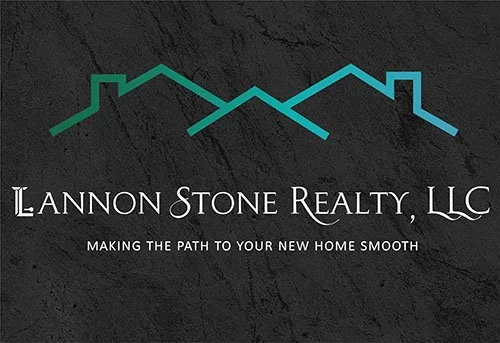When most buyers think about purchasing a home, spring and summer get all the attention. But in Southeast Wisconsin — including the Milwaukee and Mequon areas — winter can actually offer some of the best buying opportunities of the year.
From less competition to motivated sellers and strong local data to support it, here’s why buying a home in winter deserves serious consideration.
1. Less Buyer Competition in the Milwaukee Area
Winter is traditionally a slower season for real estate activity in Wisconsin. Colder weather, the holidays, and busy schedules mean fewer buyers are actively searching, especially compared to the spring rush.
According to the Wisconsin REALTORS® Association, buyer activity typically slows during winter months even as demand for housing remains strong overall. This seasonal slowdown often results in:
Fewer multiple-offer situations
Less pressure to waive contingencies
More time to make thoughtful decisions
Local insights from the Greater Milwaukee Association of REALTORS® (GMAR) also show that winter buyers tend to be more serious — which benefits prepared buyers who want to move decisively without competing against dozens of offers.
Bottom line: fewer buyers = more leverage for you.
2. Winter Sellers Are Often More Motivated
Because fewer homes are listed in winter, sellers who do put their homes on the market often have a strong reason for doing so — such as a job relocation, timing constraints, or life changes.
The Wisconsin REALTORS® Association has consistently reported that winter sellers are often more flexible on price, closing timelines, and concessions simply because demand is quieter than during peak seasons.
In Southeast Wisconsin markets like Milwaukee, Ozaukee, and Waukesha counties, this motivation can translate into:
Price reductions
Seller-paid closing costs
Negotiations on inspection items
This is especially important in competitive neighborhoods where spring bidding wars are common.
3. Winter Pricing Trends Still Favor Smart Buyers
Home prices in Southeast Wisconsin have remained strong overall, but winter creates a more balanced environment.
Recent reporting from Spectrum News 1 Wisconsin and Urban Milwaukee highlights that:
Median home prices in the Milwaukee metro area continue to rise year over year
Inventory remains tight, but buyer activity slows seasonally
Homes often stay on the market slightly longer in winter, allowing room for negotiation
Even when prices don’t drop dramatically, less competition often leads to better outcomes — including stronger contract terms and fewer emotional bidding wars.
4. Wisconsin Winter Data Shows Buyers Stay Active
Winter doesn’t mean the market stops — it simply shifts.
According to recent Wisconsin REALTORS® Association reports:
Winter home sales across the state remain steady year over year
Inventory levels often improve slightly at the end of the year
Serious buyers stay active while casual buyers step back
For buyers in Southeast Wisconsin, this creates a sweet spot: motivated sellers + fewer competing buyers.
5. Winter Reveals What You Need to Know About a Home
Buying during a Wisconsin winter gives you insight you simply can’t get in warmer months.
You’ll be able to see:
How the home handles cold weather
Whether insulation and heating systems perform well
How snow and ice affect the roof, driveway, and entryways
These real-world conditions are especially important in areas like Mequon, Milwaukee’s North Shore, and surrounding suburbs, where winter performance truly matters.
Why Local Expertise Matters in Winter
While winter offers clear advantages, navigating a seasonal market requires local knowledge.
Julie Luettgen, a Southeast Wisconsin real estate expert serving the Milwaukee and Mequon areas, helps buyers leverage winter conditions to their advantage — from identifying motivated sellers to negotiating favorable terms before spring competition returns.
Whether you’re a first-time buyer, relocating, or looking to make a strategic move, working with an agent who understands local winter market patterns can make all the difference.
Is Winter the Right Time for You to Buy?
If you’re prepared, informed, and working with the right guidance, winter can be one of the smartest times to buy a home in Southeast Wisconsin.
With:
Less competition
Motivated sellers
Negotiation opportunities
Strong local market data
Buying now could put you ahead before the spring market heats up.
Thinking about buying this winter?
If you’d like personalized insight into the Milwaukee or Mequon market, Julie Luettgen can help you evaluate opportunities and create a strategy that fits your goals — even in the heart of winter.


